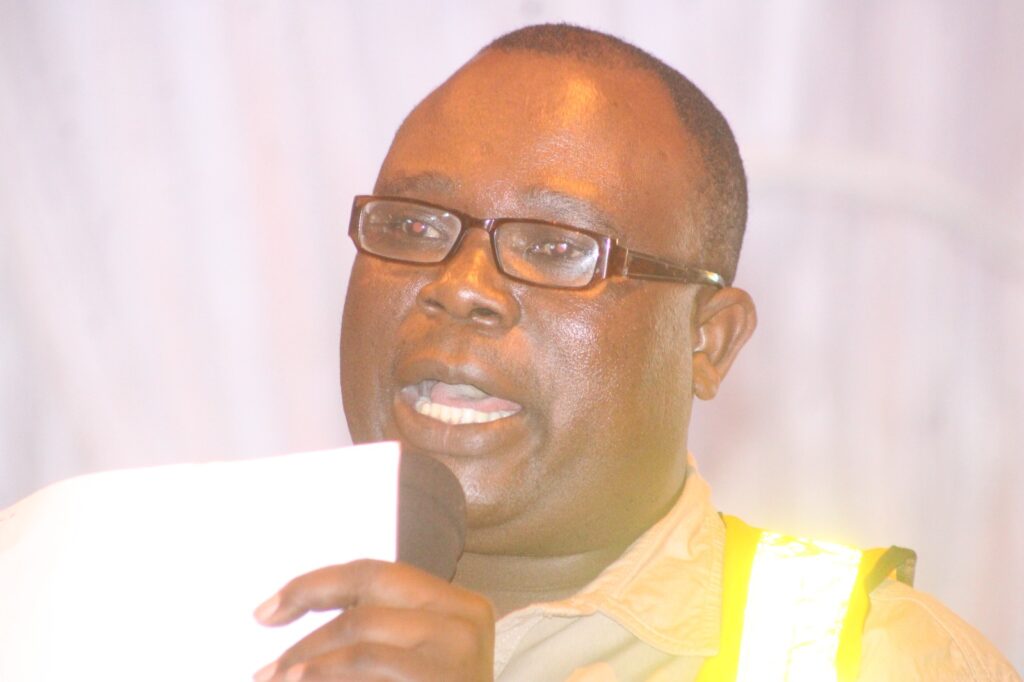Small scale miners cry foul
By Dumisani Ndlovu
Small scale miners, Miners Forum for Economic Development (Miners for ED) have bemoaned that government tends to partner with foreign actors to the disadvantage of the growth of citizen players, who remain excluded from the industry.
The disgruntled miners expressed concerns over a mining law that they say awards exclusive rights to individuals possessing large tracts of land under an exclusive prospecting order (EPO). The law has resulted in prospective miners struggling to obtain mining claims, hindering the country’s vision of achieving a US$12 billion mining economy.
An Exclusive Prospecting Order (“EPO”) is issued in terms of Part VI of the Mines and Minerals Act (Chapter 21:05), (“the Act”) of Zimbabwe. It confers exclusive rights to prospect for specified minerals in Zimbabwean mines.
Issued by the Mining Affairs Board, EPOs confer exclusive rights to holders to prospect for minerals. The EPOs are in line with Zimbabwe’s ambition to develop a US$12 billion mining industry by 2023. Once a place is classified as an EPO, small-scale miners cannot peg their titles in that area.
AN EXCLUSIVE Prospecting Order (“EPO”) is issued in terms of Part VI of the Mines and Minerals Act (Chapter 21:05), (“the Act”) of Zimbabwe.
Acording to the Act, applications are made to the Secretary of the Mining Affairs Board (MAB). The MBA recommends to the Minister of Mines and Mining Development for approval.
Speaking during the Miners for ED interface meeting, the national coordinator of the small to medium scale miners’ group, Mr. Rodrick Mumbire, bemoaned that despite Zimbabwe being a minerally-endowed nation, the rate of participation of locals in the mining sector is almost non-existent.
Mumbire further highlighted that a few elites held EPOs, granting them exclusive control over substantial land areas of up to 35,000 hectares. This exclusivity has left the majority of prospective miners without access to land for gold exploration.
“Furthermore, it has been observed that many of the areas held under EPOs remain idle, without any productive mining activities taking place. These individuals benefit at the expense at the expense of the majority. It is our appeal your Excellency that the new dispensation intervene and rectify this anomaly that is a thorn in the flesh of prospective miners and mining applicants,” he said.
The debate on Exclusive Prospecting Orders (EPOs) has seen Artisanal and Small-Scale Miners (ASM) across the country is not however a new phenomenon, The irate miners were always locking horns with the Ministry of Mines and Mining Development, objecting to the issuance of EPOs.
Of late said the several small scale miners organization claim receives numerous complaints from its members on how government prefers working with foreign companies and contractors over locals.
In an interview withthis publication, one Shurugwi small scale miner who declined to be identified alleged that the problem is exacerbated by corrupt government officials and lack of good will from government to help small scale miners grow to the level of large scale level.
“Government has for the longest time undermined our role as small scale miners and has preferred foreigners instead of supporting local miners to enhance their participation in the value chain of the mining industry,” said he said.
He added, there is a pressing need for reform, which should target what he described as a “legislative mismatch” that exists in policies that guide the mining industry.
“Existing laws governing the mining industry are outdated and have been outpaced by time and technological developments”
“When you look at the mineral permit that is issued by government, it specifies the type of mining. We as small scale miners should engage in specifying the tonnage we can produce in a year, but with advancements in technology we can most certainly do more than we could in the past, “said the miner.
“The government has all it takes to mobilize funds from institutions and financiers to support small-scale miners in Zimbabwe and Africa. However, things still remain the same because “government is unwilling to institute full formalisation”.
Also speaking on conditions of anonymity,a female miner, a member of Zvishavane-Mberengwa Miners Association equally expressed concern that foreign companies, usually Chinese-owned, enjoy most of the major works and contracts in the industry.
“Instead of these companies roping locals in through sub-contracting, they further subcontract other Chinese.
“We are left to the sidelines as we watch Chinese take all the jobs and subcontract other Chinese, even though we are more qualified and in possession of quarries that are relevant to the jobs awarded to them,” she said.
He further said it was improper that major contractors are able to apply for temporary permits to mine, while citizens have the mining licences for the same.
There are a lot of instances where the Department of Mines will issue temporary permits to Chinese companies despite locals having mineral licenses to supply these contractors with sand and other materials,” he said.
Responding to the concerns raised by small scale miners over some individuals holding on to Exclusive Prospecting Orders (EPOs) for speculative purposes, President Emmerson Dambudzo Mnangagwa said the second republic is ready to assist them rectify the problems bedevilling the mining sector. He was however quick to advise those affected to compile the list of their problems and submit it to the Ministry of Mines so that they fix the problems faced.
EPOs confer exclusive rights to prospect for specific mineral in an identified location and allow investors to explore the country for minerals and produce bankable exploration results that can attract investors.
“We have discussed the issue of EPOs. Big companies have pegged a lot of land, and we have asked the Ministry of Mines and Mining Development to ensure that one cannot peg on more than one mineral,” said President ED Mnangagwa.
“It is you as miners who are on the ground, present your concerns to the minister who will bring them to us. We are ready to support it even if it means legislative improvement. We cannot let down a sector that is contributing more than 60 percent of revenue.”
Kwedu Classics
Your story our story


Roderick Mumbire
